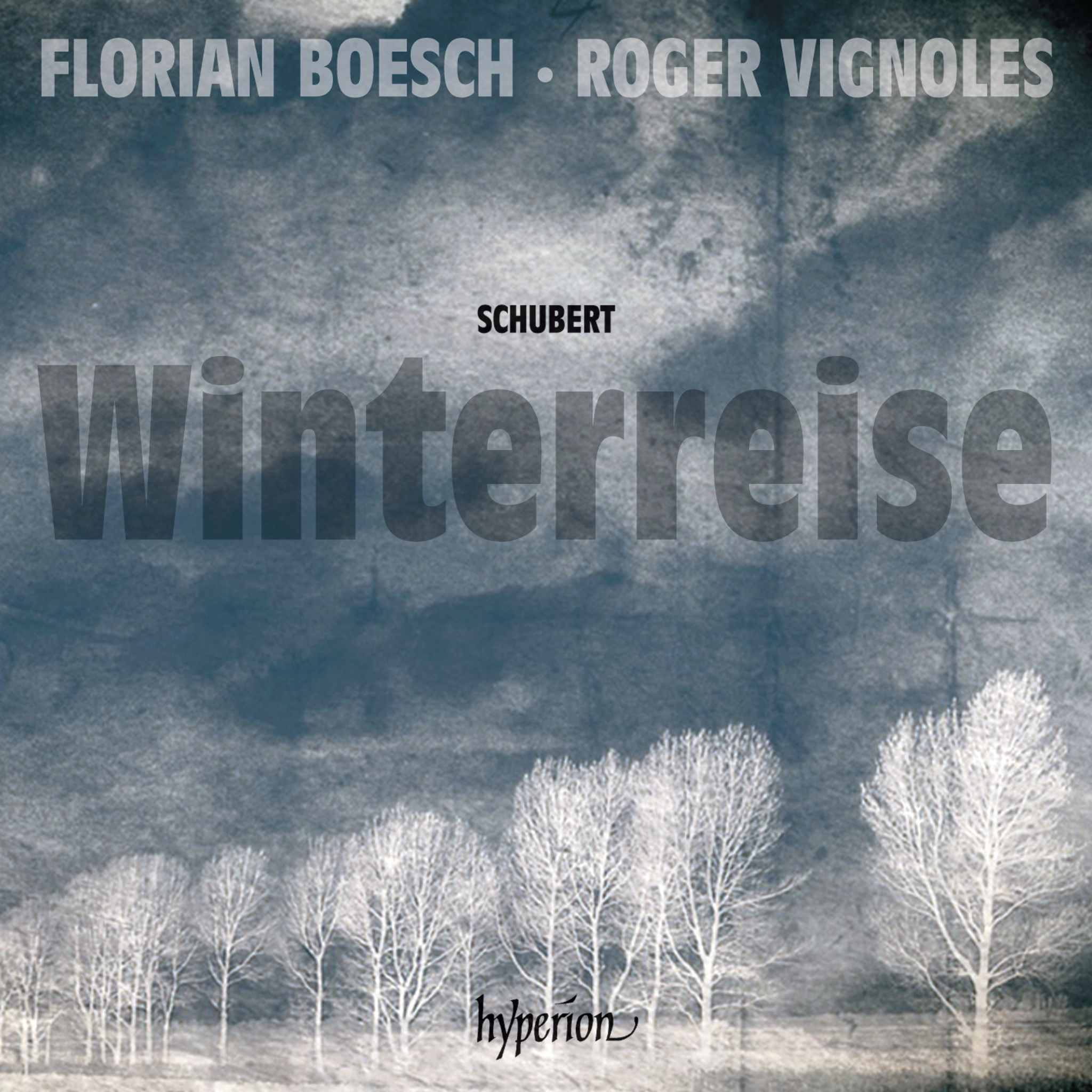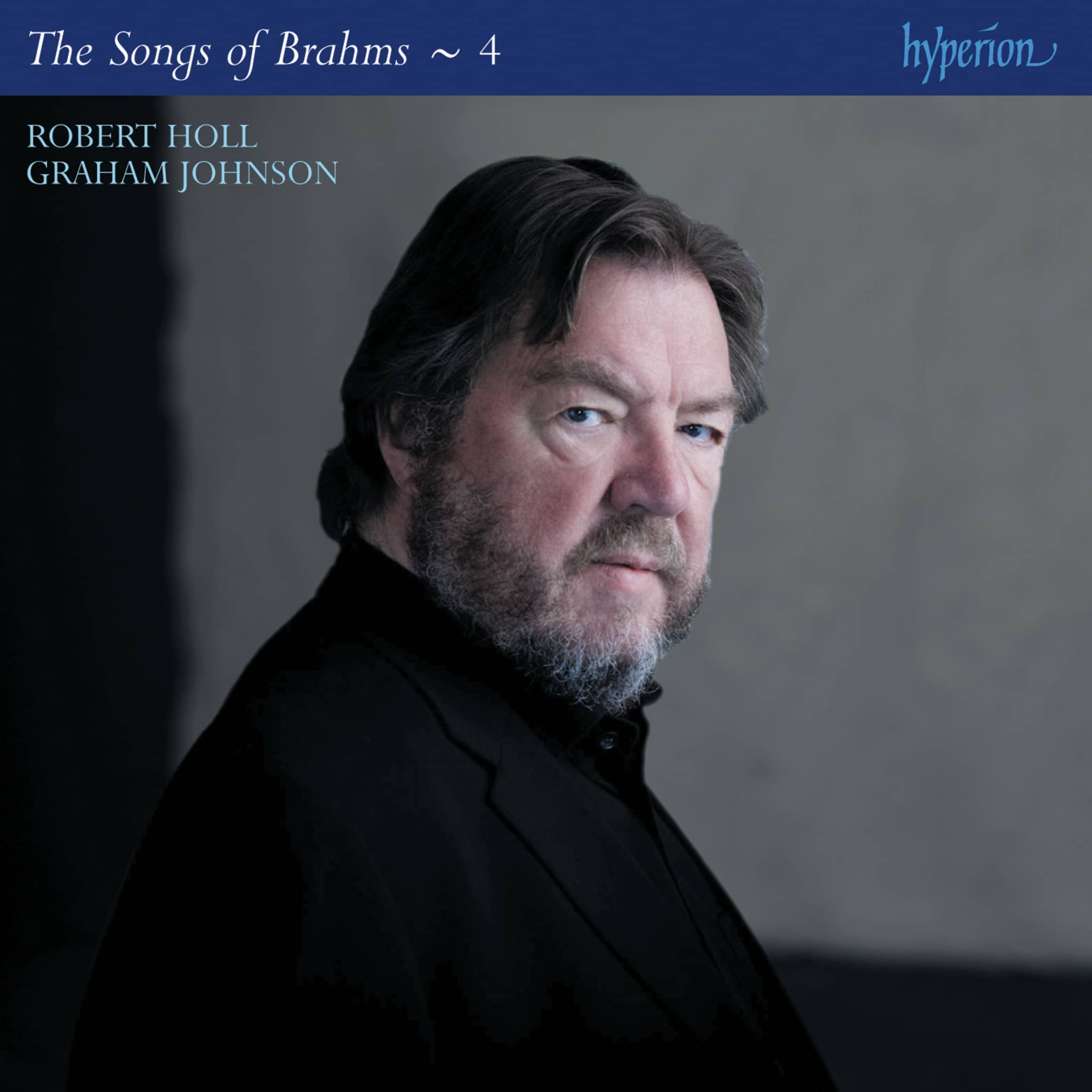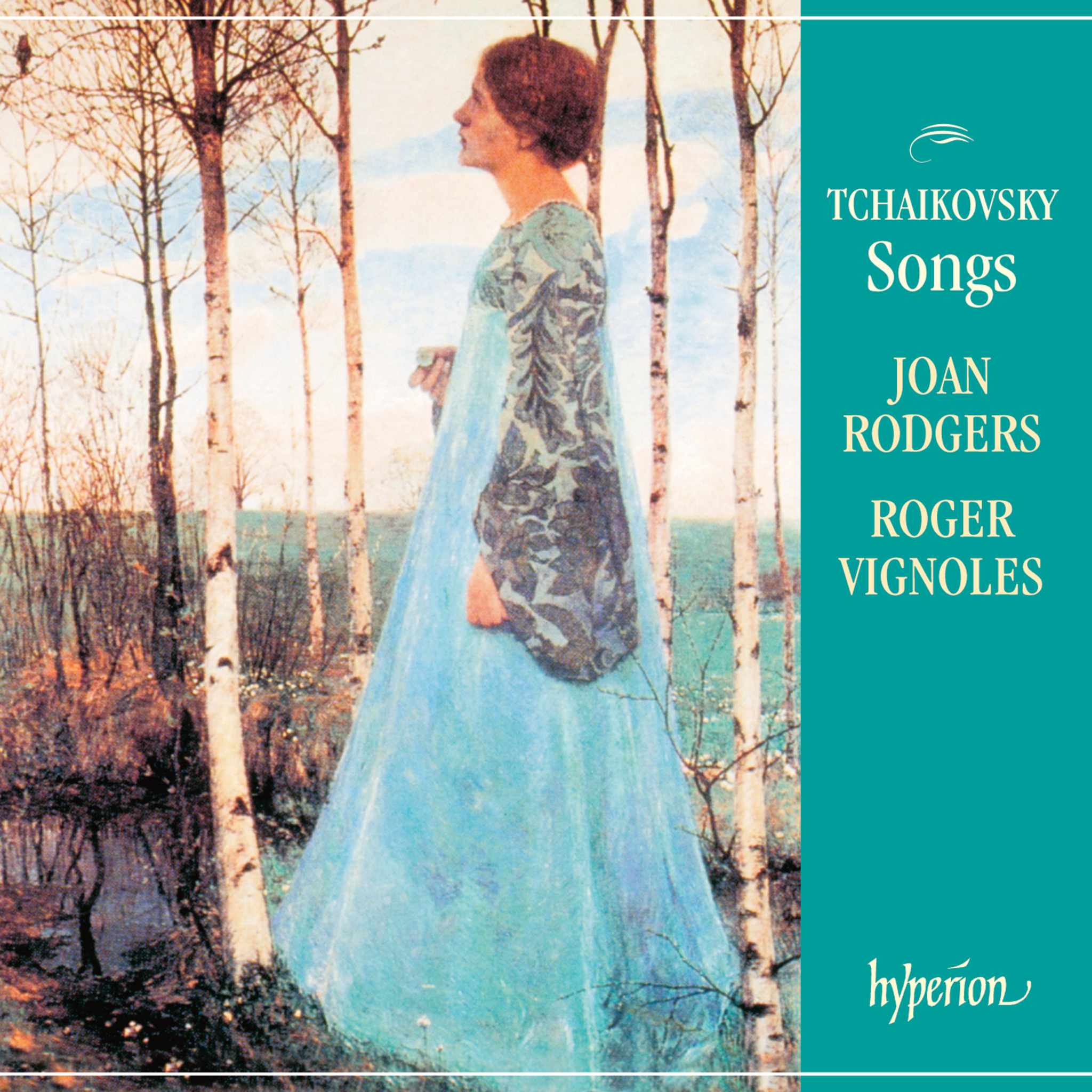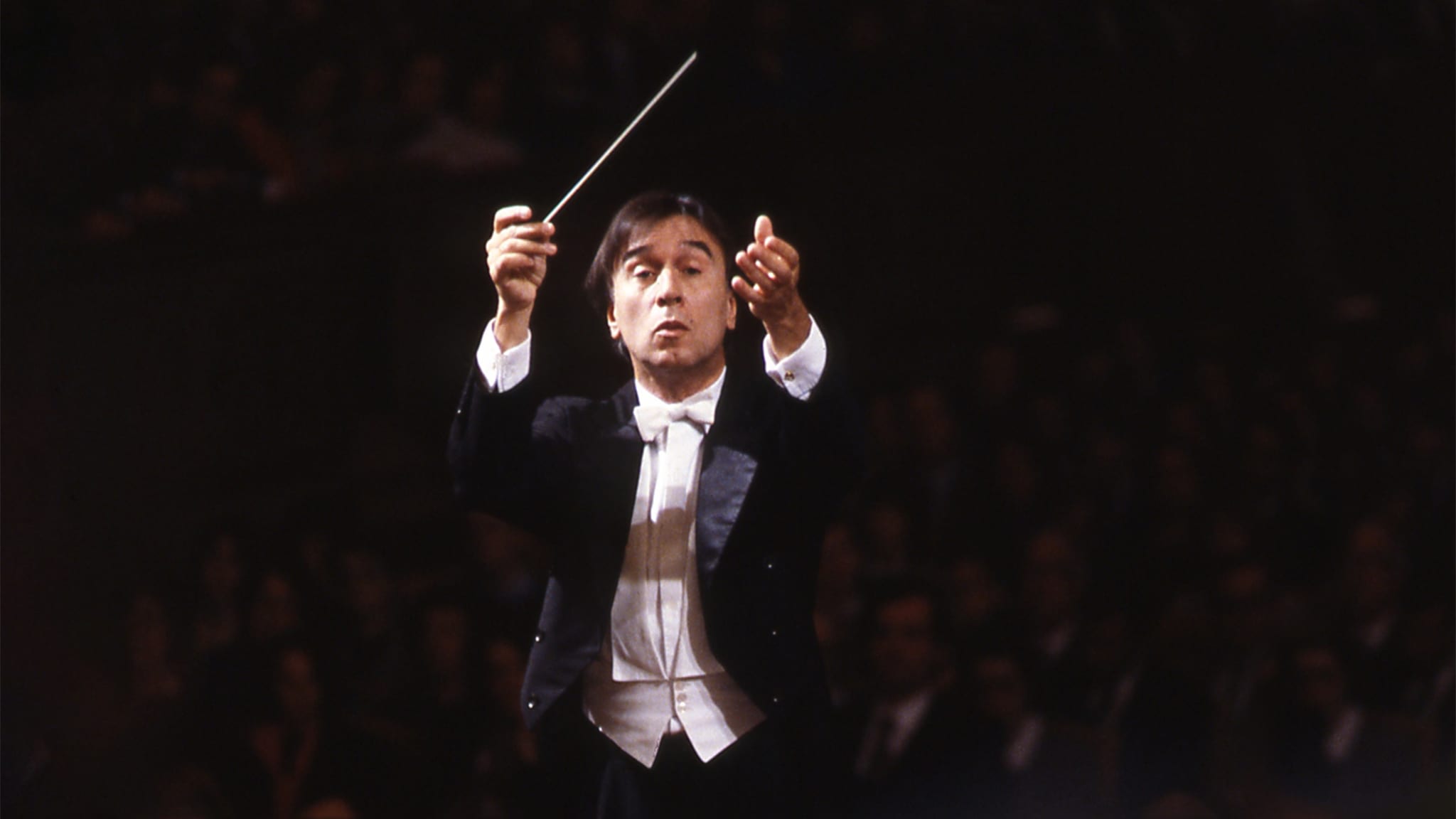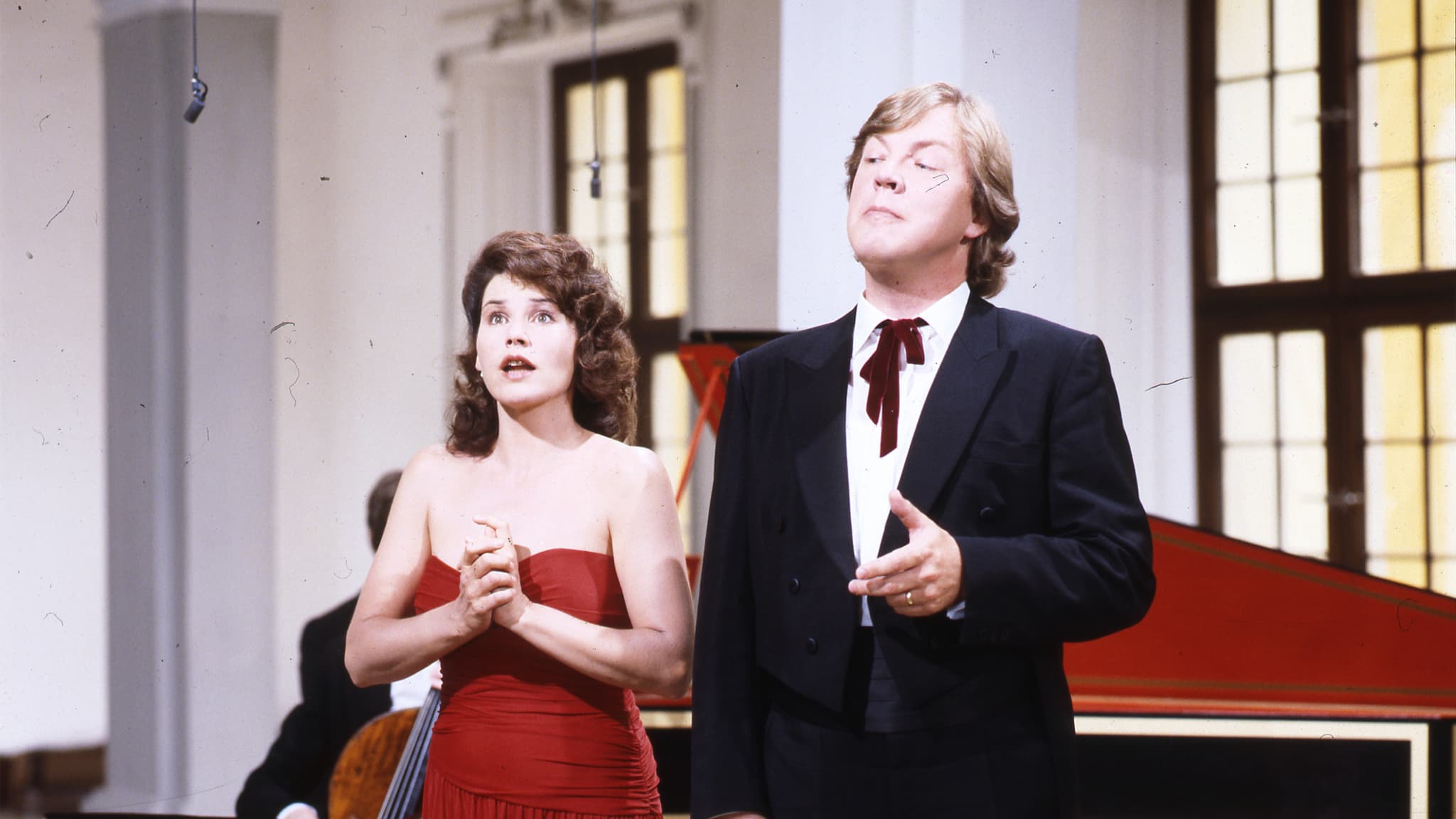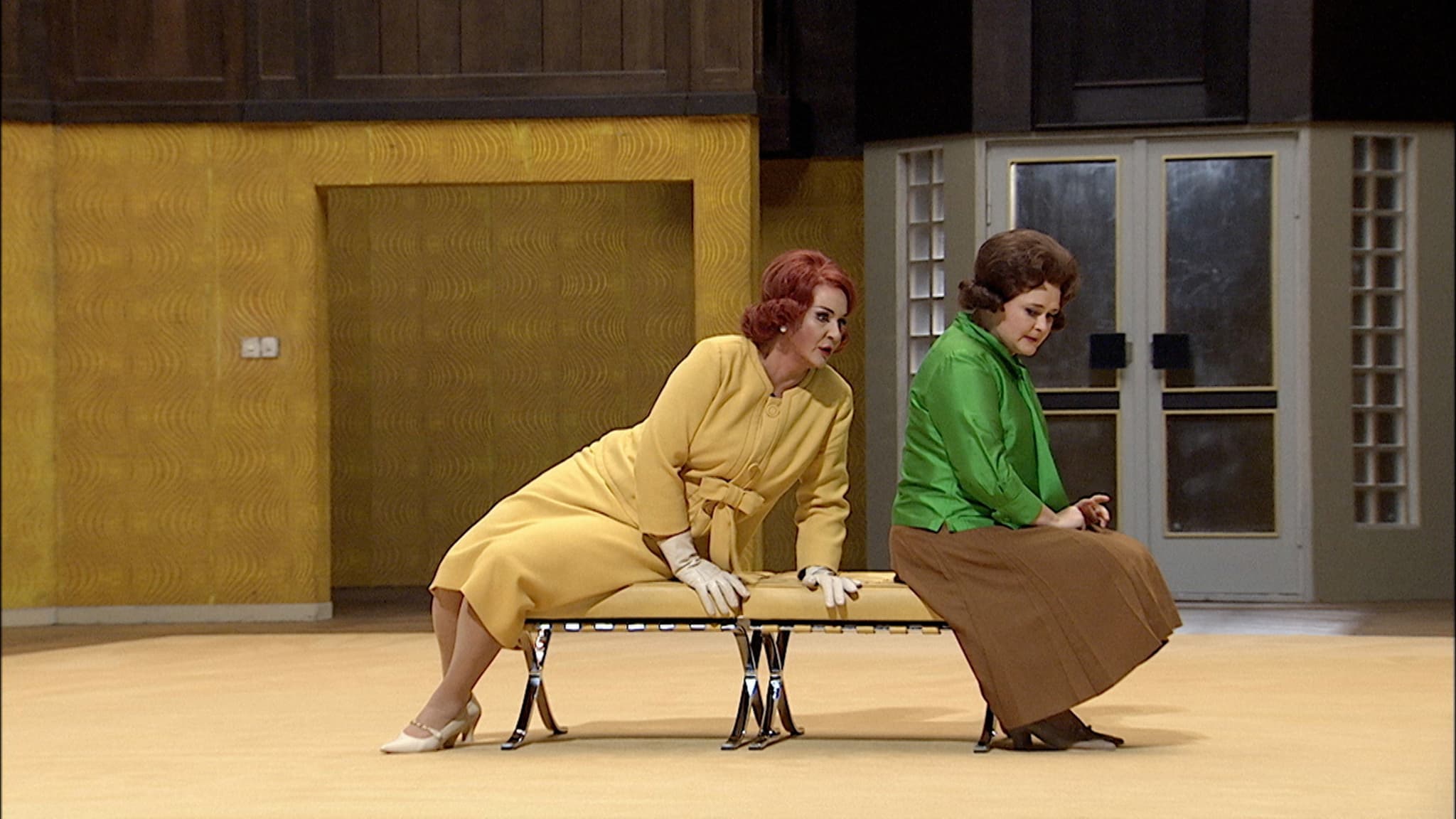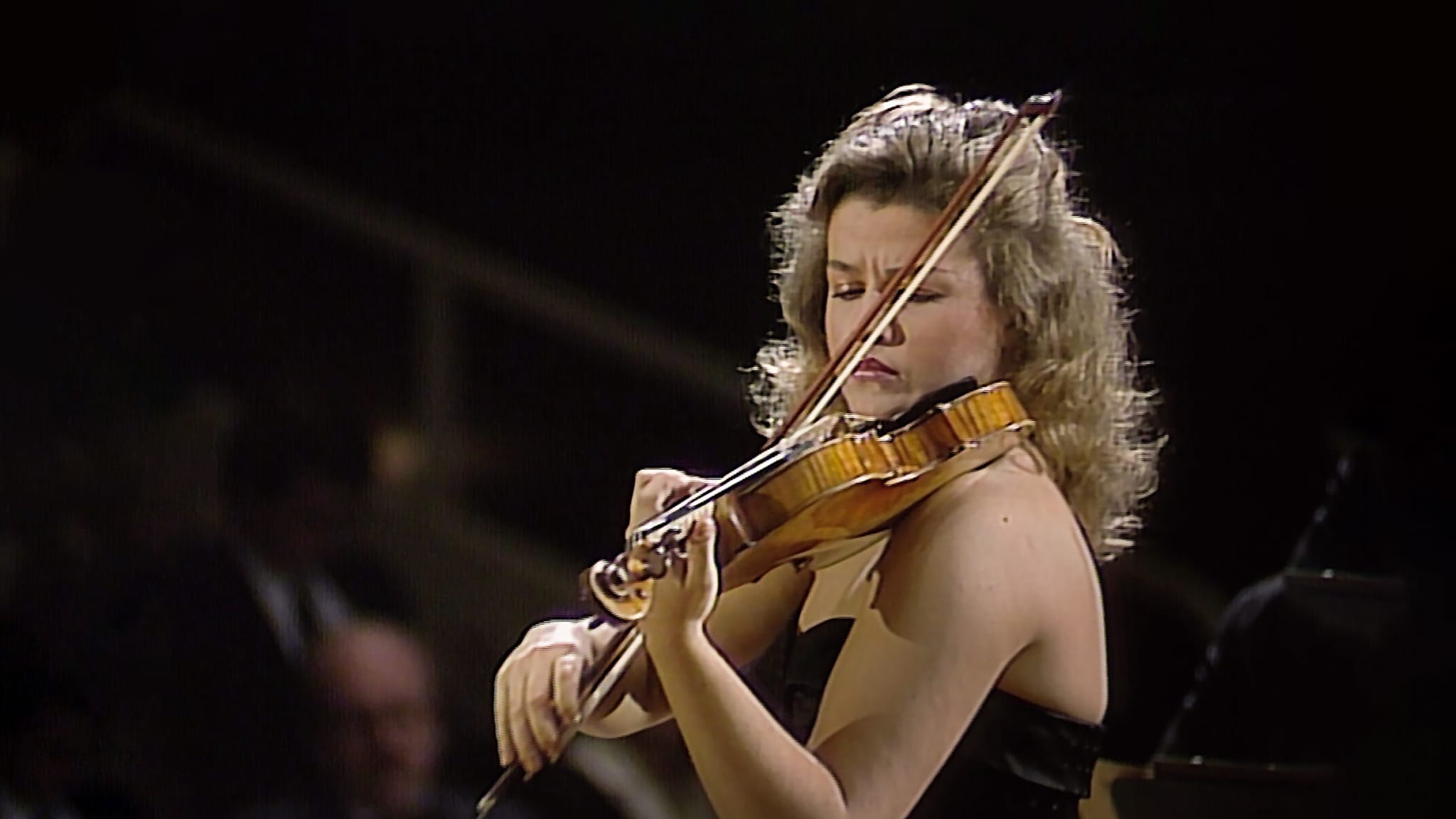Album insights
For a long time, I've had the desire to record my favorite works by Gabriel Fauré for solo piano. My teacher, Jean-Paul Sévilla, introduced me to Fauré's music when I was 15, starting with the Ballade. He exposed his students not only to Fauré's piano music but also to his chamber music and songs. I vividly remember buying the complete collection of Mélodies recordings and immersing myself in Fauré's world. Fauré's compositions became old friends to me early in my twenties, cultivated through hours of listening and interpretation.
When discussing Fauré's piano works, reactions usually fall into two camps: ignorance or a dismissal as mere "salon music." Those who appreciate and love his music ardently defend Fauré's artistry and achievements. It's astonishing to realize the timeline of Fauré's life, shaped amidst the compositions of his contemporaries such as Schumann, Chopin, Berlioz, and the emergence of Schönberg. Despite this evolving musical landscape and socio-political change, Fauré remained largely untouched by external events as his music aimed to transcend the ordinary.
Fauré's musical signature is distinctive, evident within seconds due to his harmonic language and melodic contours. His piano works, akin to Bach's, pose challenges with their shifting harmonies, enharmonic transitions, and technical intricacies. Approaching Fauré's artistry requires a deep appreciation for its sublime and refined qualities, echoing Marcel Proust's intoxication with the music and its elevating nature.
Born into a non-musical family like Debussy, Fauré's early exposure to music came from religious songs at a nearby monastery. His formal music education began in Paris at École Niedermeyer, focusing on religious music during an era dominated by composers like Meyerbeer and Spontini. Lessons were rigorous, forbidding the performance of Schumann or Chopin due to their deemed unsuitability for young musicians. Under Camille Saint-Saëns' tutelage, a profound friendship blossomed, guiding Fauré through his musical journey.
Fauré's dual life as an organist supplemented his income, as he navigated a demanding career while yearning for more time to compose. Despite myriad responsibilities, he cemented his legacy as a composer, teacher, and influential figure in music education. His works influenced notable musicians like Ravel, Enescu, and Nadia Boulanger, showcasing his enduring impact on the musical landscape.
This album commences with Thème et variations op. 73, one of Fauré's seminal solo piano works, highlighting his prowess and innovations. The cycle presents a compelling array of musical expressions, reflecting Fauré's versatility and mastery. Each variation in the piece unlocks layers of complexity, showcasing Fauré's ability to imbue musical phrases with depth and nuance.
Fauré's Valses-caprices and Nocturnes offer a glimpse into his evolution as a composer, spanning his youth to later years. Each piece encapsulates distinctive nuances and emotional landscapes, revealing the breadth of his creativity and musical vision. The introspective beauty and intricate craftsmanship of these works continue to captivate audiences, underscoring Fauré's enduring legacy in the realm of piano music.






